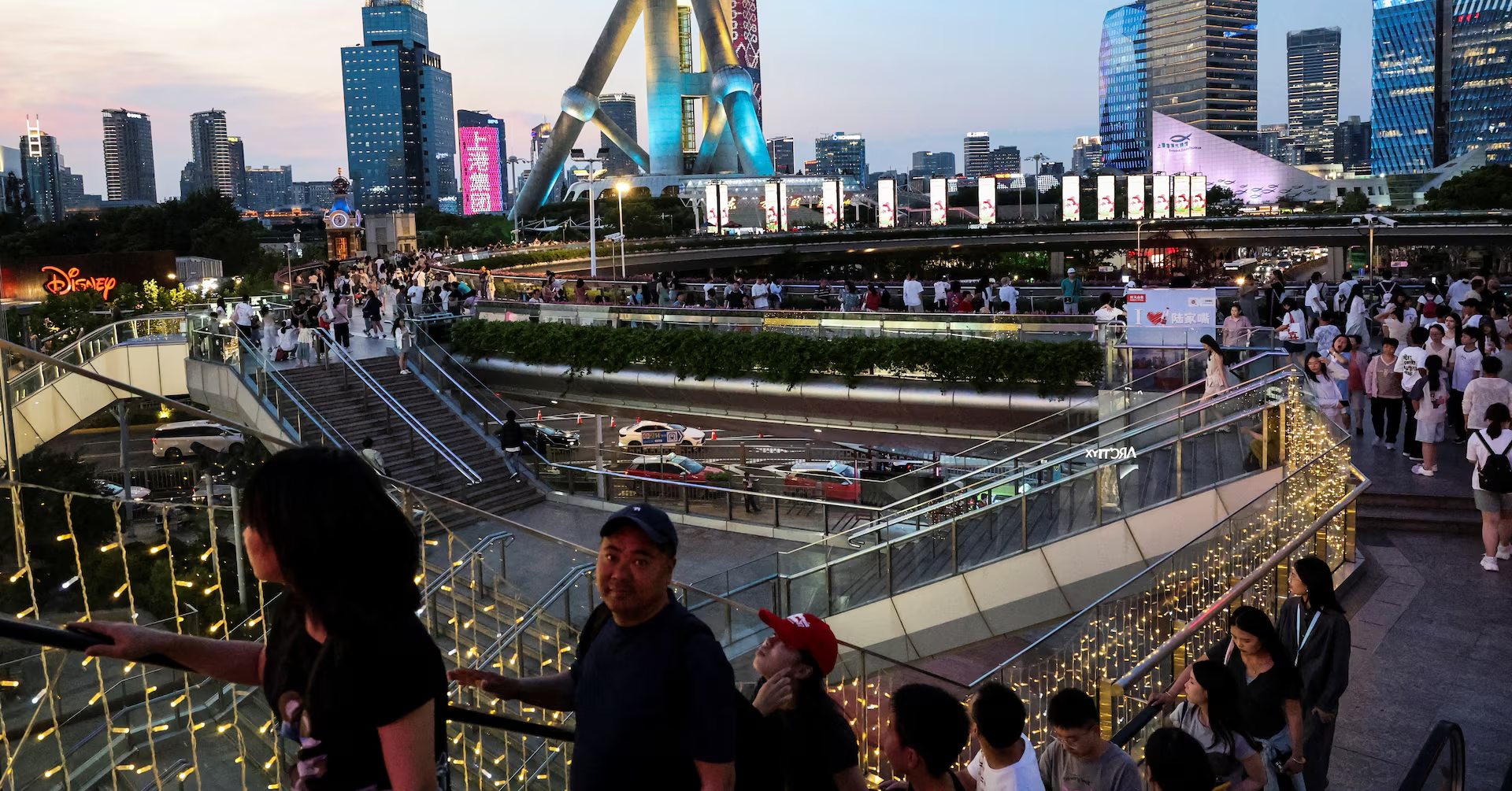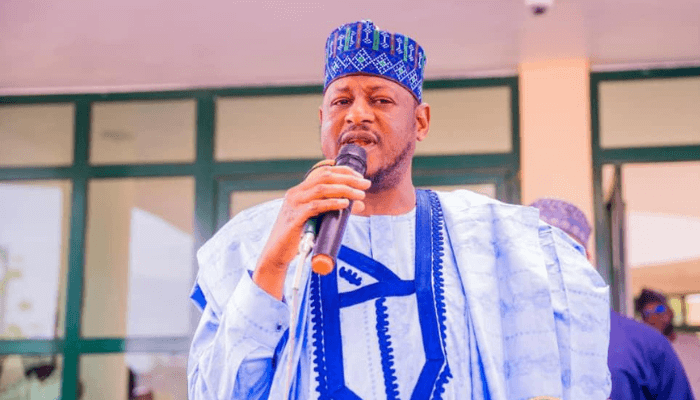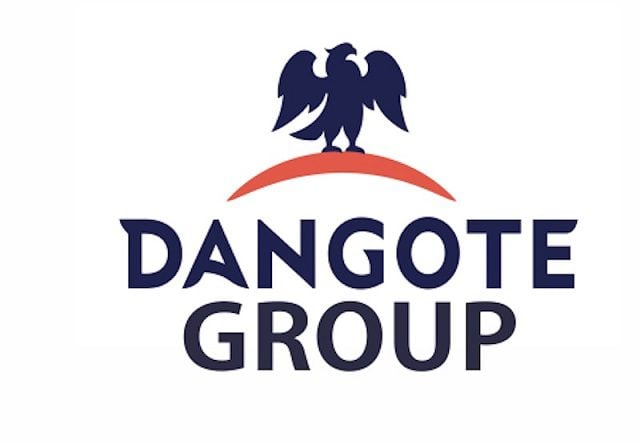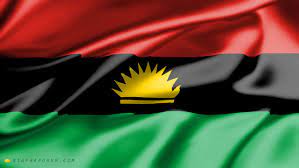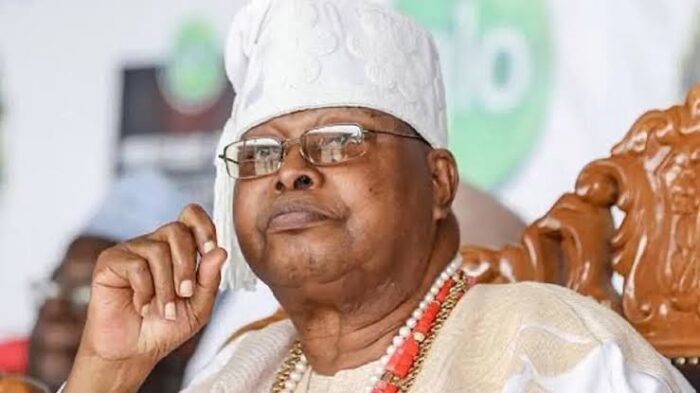By Ayomide Otitoju
The Court of Appeal in Abuja has upheld the proscription of the Indigenous People of Biafra (IPOB) as a terrorist organization, affirming a previous ruling by the Federal High Court.
In a unanimous decision delivered by a three-member panel led by Justice Hamma Barka, the appellate court ruled that the Federal Government acted lawfully in outlawing the group, citing its activities as a threat to national security and stability. The court found no basis to overturn the proscription order and dismissed IPOB’s appeal for lack of merit.
Background of IPOB’s Proscription
The proscription of IPOB was first declared on September 15, 2017, by the late Chief Judge of the Federal High Court, Justice Abdul Abdu-Kafarati. The ruling followed an ex-parte motion filed by then-Attorney General of the Federation and Minister of Justice, Abubakar Malami.
Justice Kafarati’s judgment deemed all IPOB activities illegal, particularly in the South-East and South-South regions of Nigeria. He further barred any individual or group from participating in the organization’s activities and directed the Attorney General to publish the proscription order in the official gazette and two national newspapers.
In a subsequent ruling on January 22, 2018, the Federal High Court dismissed IPOB’s challenge against the proscription, rejecting its claims that the order was obtained through suppression and misrepresentation of facts by the government.
IPOB’s Legal Challenge Dismissed
Unhappy with the decision, IPOB, through its legal team led by Senior Advocate of Nigeria (SAN) Chukwuma-Machukwu Umeh, approached the Court of Appeal to overturn the proscription order. The group argued that the government’s actions amounted to labeling over 30 million Nigerians of Igbo descent as terrorists.
However, the appellate court rejected IPOB’s arguments and reaffirmed the Federal Government’s position, bringing an end to the group’s latest legal bid to challenge its status.



